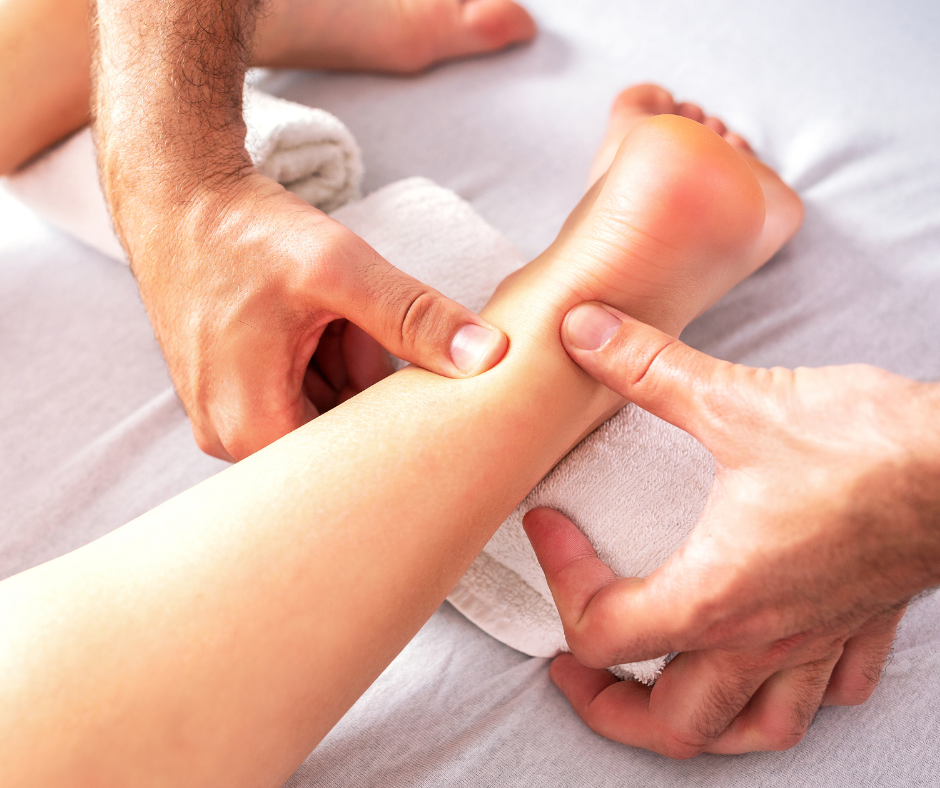
Do you have pain in your tendons that’s making you miss out on your favorite activities? You could be suffering from tendonitis. In today’s post, Dr. Eric Ricefield, Dr. Mark Yagodich, Dr. Aliza V. Eisen, and Cassandra Stache, DPM of greater Philadelphia’s Your Next Step Foot and Ankle Care Center share what you need to know about tendonitis and how the Tenex procedure can help.
5 Things You Need to Know About Tendonitis
- While you can feel tendonitis, you can’t always see it. This is a painful condition that can affect the wrist, shoulder, bicep, calf, hand, ankle, or knee. It develops when a tendon becomes inflamed. Because tendons assist muscles in moving bones, you experience pain at the affected joint.
- In many cases, tendonitis is caused by recurring motions. Physical activities such as swinging a racket or golf club, running, or throwing a ball are some of the most common causes. But activities like painting, carpentry, gardening, or even cleaning can also cause it.
- Some people are more at risk. The probability of having tendonitis increases after the age of 40 when tendons lose flexibility with age, making them more vulnerable.
- In some cases, it can be treated at home. The most crucial step is to rest the affected area by limiting the activity that’s been causing the pain. Patients can also elevate the area to decrease swelling and ice it throughout the day. If at-home treatments aren’t working or if a patient’s tendon tears, they may need corticosteroid injections or surgery.
- Tendonitis can be prevented. Injuries to a joint aren’t always preventable, but we encourage our patients to be proactive, particularly if they have a hobby or job that elevates their risk.
How the Tenex Procedure Can Help
The Tenex procedure provides a minimally invasive option to surgery for chronic tendonitis. It utilizes ultrasound frequency delivered via a hollow needle.
The incision made to insert the needle is tiny and typically only requires a normal bandage instead of stitches or sutures. Because the Tenex procedure is exact, only the tissue that is damaged is affected by treatment, which hastens the recovery process.
Most patients recover fully in approximately 4-6 weeks, which is much faster than conventional surgery. And patients typically only need one treatment to get rid of tendonitis for good!
If you want to know if the Tenex procedure is right for you, contact Greater Philadelphia’s Your Next Step Foot and Ankle Care Center to schedule a consultation. You can click here to locate contact information for the office nearest you to book your appointment.
